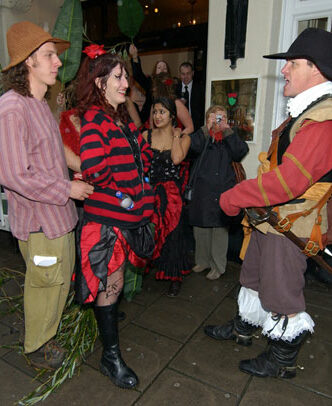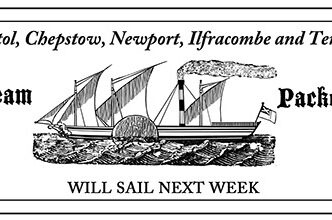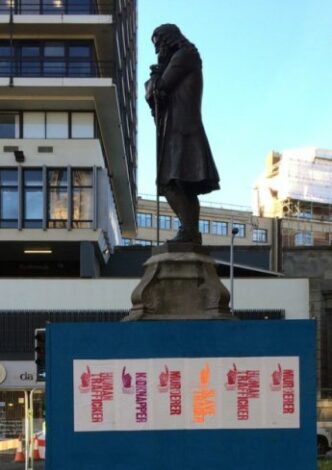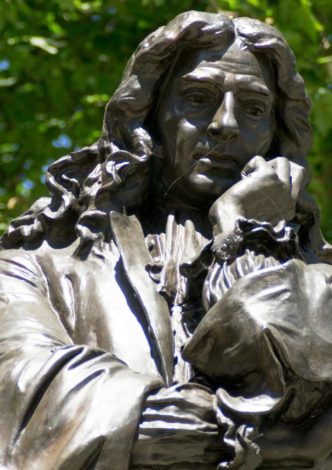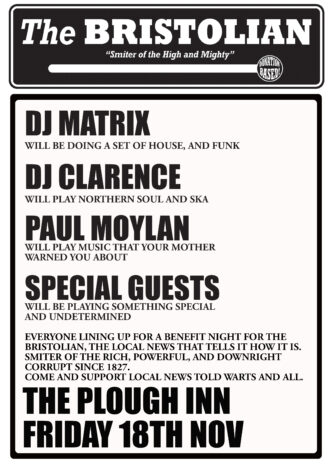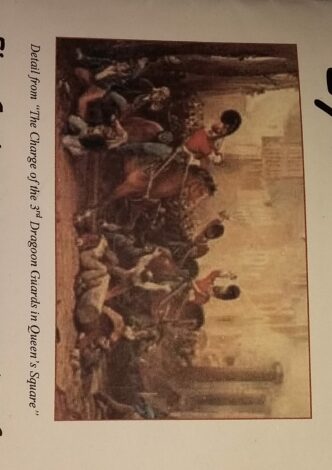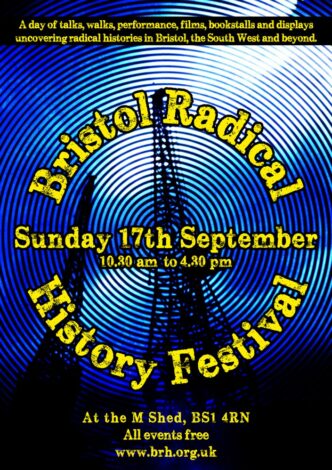
These videos are of talks that were presented at the Bristol Radical History Festival 2017. Black lives and white mans war Silu Pascoe. Three British Anarchists in America Sheila Rowbotham. Mutiny in world war 1 Julian Putkowski. John Maclean and The War After The War Jim Slaven. Refusing to fight in World War 1 Lois Bibbings and Cyril Pearce. Bristol Women against world war one June Hannam and Bernadette Hyland.
